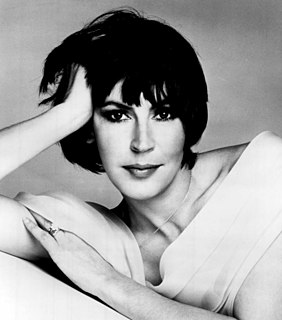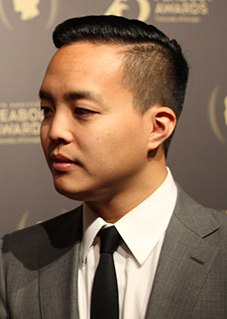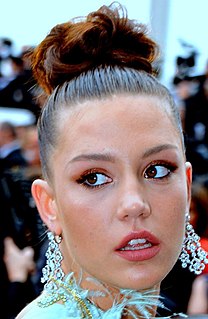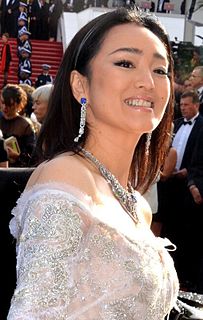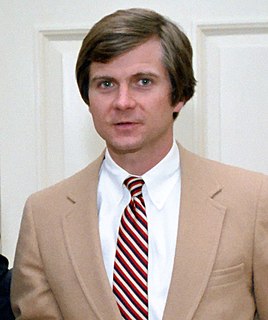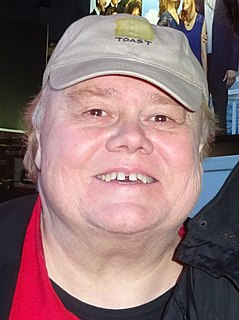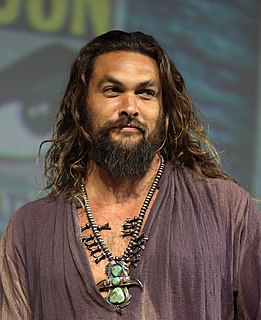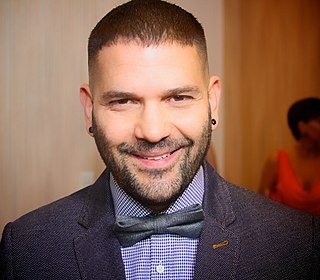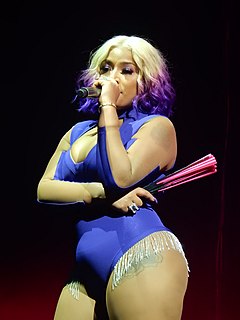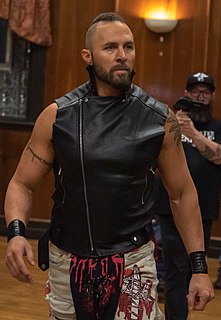A Quote by Helen Reddy
It took me a year to really learn the American lingo. I really feel for people who are coming here and don't speak English at all. It must be hell.
Related Quotes
Shakespeare is absolutely big in Africa. I guess he's big everywhere. Growing up, Shakespeare was the thing. You'd learn monologues and you'd recite them. And just like hip-hop, it made you feel like you knew how to speak English really well. You had a mastery of the English language to some extent.
I don't really identify with America, I don't really feel like an American or part of the American experience, and I don't really feel like a member of the human race, to tell you the truth. I know I am, but I really don't. All the definitions are there, but I don't really feel a part of it. I think I have found a detached point of view, an ideal emotional detachment from the American experience and culture and the human experience and culture and human choices.
Ram Dass, Krishna Dass, we all spoke through interpreters. There were good interpreters there, educated people in India speak English but Maharaji was the One, the Baba, Holy Man, mendicant, he didn't speak English. We talked to him and it was hard to know him, he was an ancient holy man and I was a 21 year old seeker. So I never knew what was going on, I mean I don't really know what's going on now, my guess work is a little better perhaps.
I acquired more wealth, power, and prestige than most. But you can acquire all you want and still feel empty. It took a deadly illness to put me eye to eye with that truth, but it is a truth that the country, caught up in its ruthless ambitions and moral decay, can learn on my dime. I don't know who will lead us through the '90s, but they must be made to speak to this spiritual vacuum at the heart of American society, this tumor of the soul.
I think Splash made people realize that I was still alive, and I think I inspired a lot of people. I have people coming up to me all the time in the airport saying, "Hey, you inspired me to learn how to swim!" "You inspired me to start moving around more." "You inspired me to start doing more for myself." So that was good. But mostly I took it because nobody had given me a job. And you know what really matters in life, right?
Joss Whedon writes beautiful drama. His sensitivity and his sense of drama and scenes are pretty exceptional. There's no one else writing like him, really, in sci-fi and TV. That's not to say there are no astonishing writers on TV. I was nervous about coming to America and playing an English person who speaks very English when all the writers are American, because it's a very particular thing to imitate, and if it's badly imitated, it sounds painfully contorted and silly. And he writes very well for English people. It was Joss Whedon who persuaded me.
